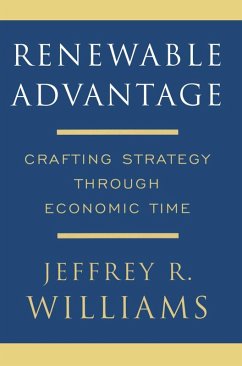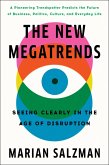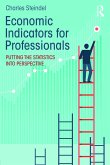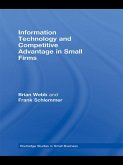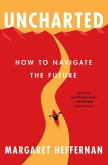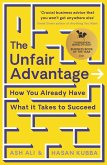Using examples and studies from companies such as Starbucks, McDonald's, UPS, Compaq, Sony, Merck, Disney, Toyota, IKEA, Microsoft, Sony, Intel, IBM, Johnson & Johnson, Chrysler, and Hewlett-Packard, Williams explains that the key idea in economic time is being able to manage products and organizations according to the speed and means by which economic value arises, decays, and is renewed. The drivers of economic time are isolating mechanisms -- a firm's unique capabilities that lie at the heart of its competitive advantage -- and that, in Williams's framework, "delay" product obsolescence. Building on his intuitively appealing model, Williams describes how his three laws of renewal -- convergence, alignment, and renewal -- provide guidelines by which managers can gain command over strategy in complex, dynamic competitive situations.
Renewable Advantage is not only essential reading but also will become a standard reference for senior and division managers, business scientists and strategists, and general managers in all industries.
Dieser Download kann aus rechtlichen Gründen nur mit Rechnungsadresse in A, B, BG, CY, CZ, D, DK, EW, E, FIN, F, GR, HR, H, I, LT, L, LR, M, NL, PL, P, R, S, SLO, SK ausgeliefert werden.

